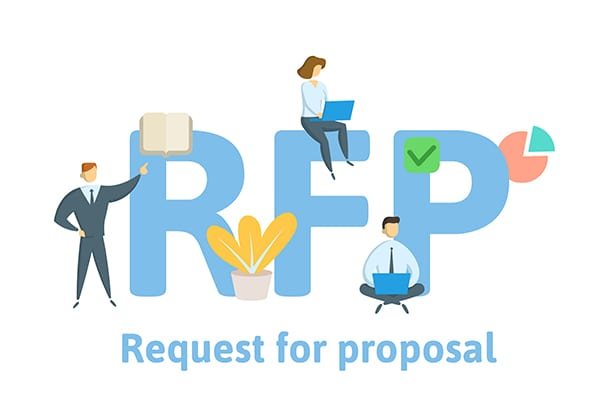AspDotNetStorefront
AspDotNetStorefront is a platform with powerful features that provide a cost-effective solution for companies who need highly customized solutions. AspDotNetStorefront has no API-based limitations, has a strong set of B2B features, carries a PA-DSS security certification, and allows endless customization. However, this freedom comes with a cost. When customizing AspDotNetStorefront, future maintenance costs grow, meaning that future dollars will be tied up in keeping your platform on the latest base release versus adding new features and functionality. In addition, AspDotNetStorefront’s product roadmap has recently become less clear, resulting in increased risk of its suitability for long-term investment and innovation.
WooCommerce
According to BuiltWIth, WooCommerce is the most popular eCommerce software in use for small businesses – which is not surprising because WooCommerce is free, with no licensing cost. WooCommerce has a plug-in for WordPress which appeals to organizations requiring a simple commerce solution on top of their existing WordPress websites. However, if you are a serious merchant, especially in the B2B space, I don’t think WooCommerce is a good fit. Free also comes with a cost. WooCommerce is not a full eCommerce solution and typical implementations require several apps to reach the functionality you require. The apps that work with WooCommerce are an extra cost that will grow. In addition, the more apps you use the more you are dependent on multiple outside vendors for the reliability of your future site. WooCommerce is not built to handle large catalogs or transactions and customers will experience slow load times due to WooCommerce’s inability to scale. As customizations grow, WooCommerce can be difficult to maintain. I am uncomfortable trusting eCommerce transactions on a platform with security vulnerabilities. I would not want to depend on WooCommerce for mission-critical business activities.
Shopify
Shopify also has a large market share. BuiltWith shows Shopify as being 2nd in usage to WooCommerce when looking at the top 1 million sites. Shopify is known for being easy to set up and having many great looking themes to select from. There is no need to pay for upgrades as it is a Software-as-a-Service (SaaS) platform so the platform is constantly kept up-to-date. It is also known for having fast page load times. On the downside, content marketing capabilities are limited, it has technical SEO weaknesses, and the B2B feature set is quite limited. If merchants choose to use a payment provider that is not Shopify Payments, they end up paying additional transaction fees. Customizations are limited. In fairness, limited customizations are always a trade-off with SaaS platforms, but SaaS platforms expose areas that can be extended by the merchant. Shopify doesn’t provide many of the necessary extension points we find to be needed for B2B, including complex catalogs, pricing, and checkout customizations.
BigCommerce
We recommend BigCommerce for growing brands with B2B needs. BigCommerce has strong B2B features including customer-specific pricing, draft orders, request a quote, and faceted navigation. These features are native to the platform without the need for 3rd party add-ons or additional cost. BigCommerce has a great feature set out of the box including 70 different discount types and strong technical SEO features. While there is no built-in CMS, it does offer a WordPress integration. The WordPress integration isn’t the right fit for every project as it does increase your maintenance costs, but it is an option worth discussing. If you are a fast-growing and/or established brand currently considering alternative digital commerce platform options, you would benefit greatly from BigCommerce because of its wide array of features. The built-in features are intuitive, so at its core, as a digital commerce engine, it is easy to use. From there, there are many different options to help businesses grow -- from analytics to abandoned cart emails to Google shopping feeds.
You can find information on switching to BigCommerce by clicking here.



